People
Postdoctoral Researchers
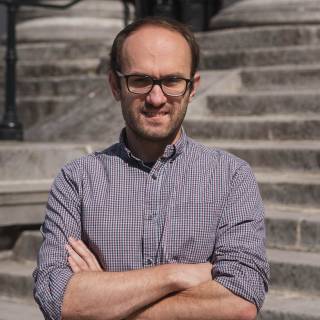
Tomek’s main research interest is to understand how proteins fold in the cell and to provide a high-resolution description of this dynamic process. He has developed a computational framework to study co-translational protein folding using bioinformatics and various multiscale computer simulations that utilise experimental data (NMR and cryo-EM) as structural restraints.

Sammy completed his Master’s project with Prof Christopher Dobson (University of Cambridge) on protein aggregation, and is now continuing on from his PhD studies on examining the fundamental mechanisms of co-translational folding. To advance these investigations, he also develops biochemical and spectroscopic methodologies to improve the observation of ribosome-nascent chain complexes by in vitro and in-cell NMR spectroscopy.
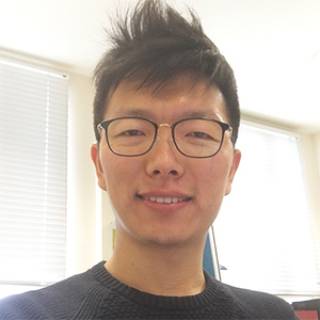
Minkoo is interested in 1) rational design and engineering of the ribosome, 2) functional relationship between the structural elements of the ribosome and various co-translational processes such as folding and misfolding of nascent polypeptides.
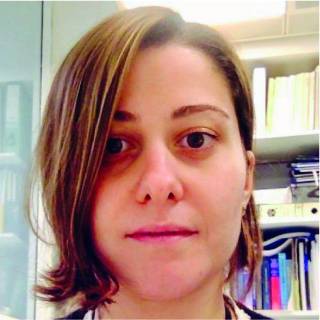
Alkistis worked in pharmaceutical industry prior to starting her PhD. She is interested in the nascent chains inside the ribosome tunnel and new antibiotics to halt protein folding in bacteria.
PhD Students

Elena’s project examines the folding and misfolding of a1-antritrypsin during biosynthesis, at molecular level, using biochemical and structural methods, aiming to understand the mechanisms that can lead to co-translational misfolding and disease.
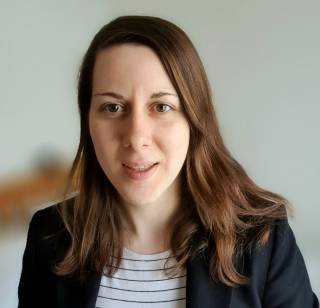
Ivana is interested in the structural understanding of the co-translational protein folding process using integrative approaches, specifically in defining transient interactions that guide the emerging polypeptide into its native conformation.
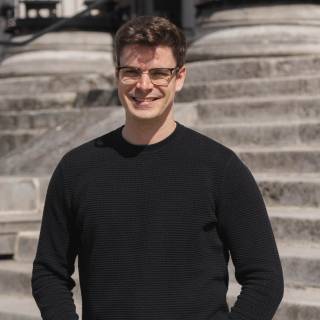
Julian is interested in the fundamental principles that govern co-translational protein folding. His work focuses on combining molecular dynamics simulations with experimental data including NMR and cryo-EM to obtain high-resolution structural ensembles of ribosome-bound nascent chains.
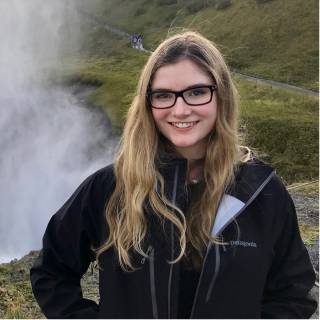
Lauren is interested in the mechanisms by which proteins avoid misfolding during synthesis. To that end, her research focuses on using cryo-EM and NMR to examine the specific interactions which take place at each stage of translating a tandem repeat immunoglobulin domain.
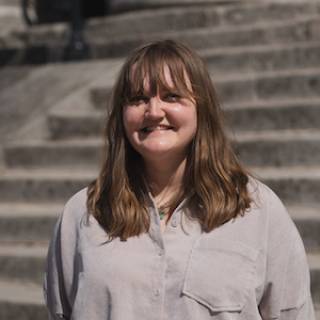
Cherry is an MRC DTP PhD student and her main research interests are in computational biology where she uses molecular dynamics simulations to study co-translational folding.
 Close
Close

